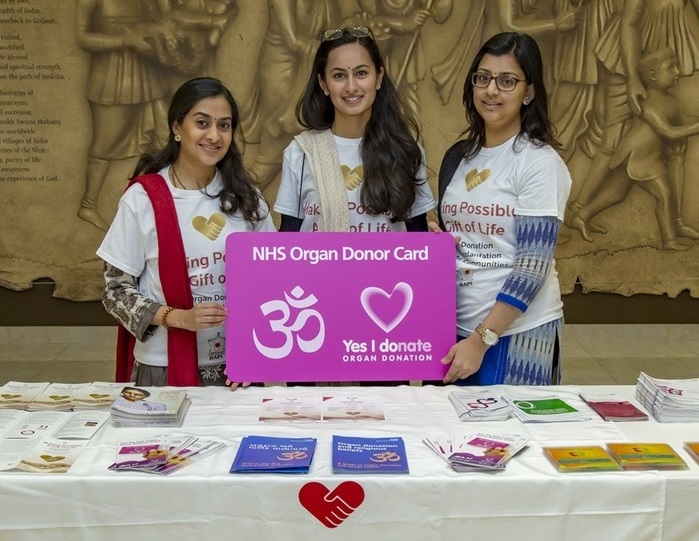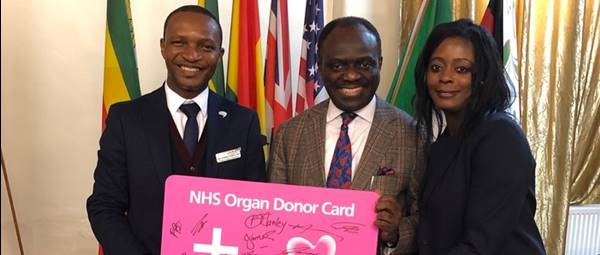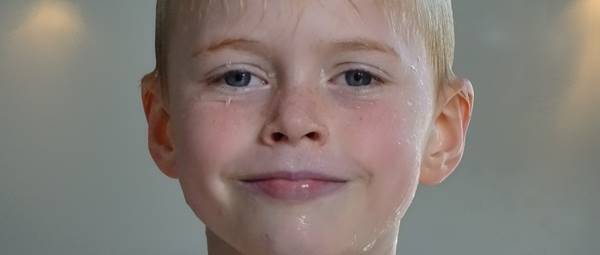Funding to promote organ donation among Black, Asian, mixed heritage and ethnic minority communities
New funding totalling £600,000 has been announced as part of the Government’s commitment to tackle health inequalities. The funding aims to address the shortage of organs for those waiting for a transplant from all Black, Asian, mixed heritage and ethnic minority backgrounds, and the lack of Black blood donors whose blood is used to treat conditions like sickle cell disease.
The Community Investment Scheme, which is run by NHS Blood and Transplant, will fund community and/or faith/belief organisations to drive awareness, understanding and behaviour change.
Having previously focussed solely on promoting organ donation after death, in the scheme’s third year NHS Blood and Transplant is now looking for applications that will engage diverse communities on the issue of blood donation too.
Types of funding
The funding available through the scheme has increased to reflect this, with an estimated total of £600,000 available.
Organisations will be able to apply for one of three funding bands:
- up to £2,499
- between £2,500 - £10,000
- between £10,001 and £20,000
This year, as part of the scheme, NHS Blood and Transplant is also launching the Community Engagement Leads initiative. This will work in conjunction with key community-based organisations across England to create grassroot networks to promote organ and blood donation.
Now more than ever, the impact of COVID-19 is making innovative approaches to community engagement essential. NHS Blood and Transplant is requesting that applicants demonstrate consideration of the current uncertainty around COVID-19. Applications focused on a digital delivery are encouraged, while digital contingency planning will be expected for any face-to-face work.
Health Minister Lord Bethell said:
“This new funding will help organisations carry out vital work within local Black, Asian, mixed heritage and ethnic minority communities by opening up and informing the conversation about organ and blood donation.
“Often a person’s best donor match will share their ethnicity, but too many donation opportunities are missed because families aren’t discussing the subject.
“We know when it comes to organ donation, these conversations save lives, which is why it is so important to help individuals make an informed decision and talk about it with their families.”
Promoting organ donation
As of October 2020 1,408 people from Black, Asian, mixed heritage and ethnic minority backgrounds are actively waiting for a transplant, almost one third of all patients waiting in total. Family refusal continues to be the biggest obstacle to organ donation amongst the communities. Around half as many Black, Asian, mixed heritage and ethnic minority families approached about organ donation agree to go ahead, this is significantly lower compared to families from other backgrounds.
 There is hope that the introduction of Max and Keira’s Law – the new law relating to organ and tissue donation in England – which came into effect on 20th May 2020, will lead to an increase in the number of donors of all ethnicities. However, families will still be consulted before donation goes ahead so it remains essential to raise awareness, challenge misinformation and encourage those supportive of organ donation to talk with their families.
There is hope that the introduction of Max and Keira’s Law – the new law relating to organ and tissue donation in England – which came into effect on 20th May 2020, will lead to an increase in the number of donors of all ethnicities. However, families will still be consulted before donation goes ahead so it remains essential to raise awareness, challenge misinformation and encourage those supportive of organ donation to talk with their families.
Altaf Kazi, Head of Faith and Belief Engagement at NHS Blood and Transplant, said:
“We are delighted that this year we saw an increase in people from Black, Asian and minority ethnic backgrounds saying yes to organ donation when approached. This shows great progress, however overall Black, Asian, mixed heritage and ethnic minority donor numbers are still very low. With people from Black, Asian, mixed heritage and ethnic minority communities more likely to need a transplant, and the best chance of a match often coming from a donor of the same ethnicity, there is still a need for greater awareness and understanding.”
Get involved
We are asking more people from Black, Asian, mixed heritage and ethnic minority communities to find out about both blood and organ donation and help us to address the health inequalities that many members of these communities may face. By giving your support you can help save lives.
Applications should be submitted by 5pm on the 2nd December 2020. Projects will need to be completed by the 1st October 2022.




